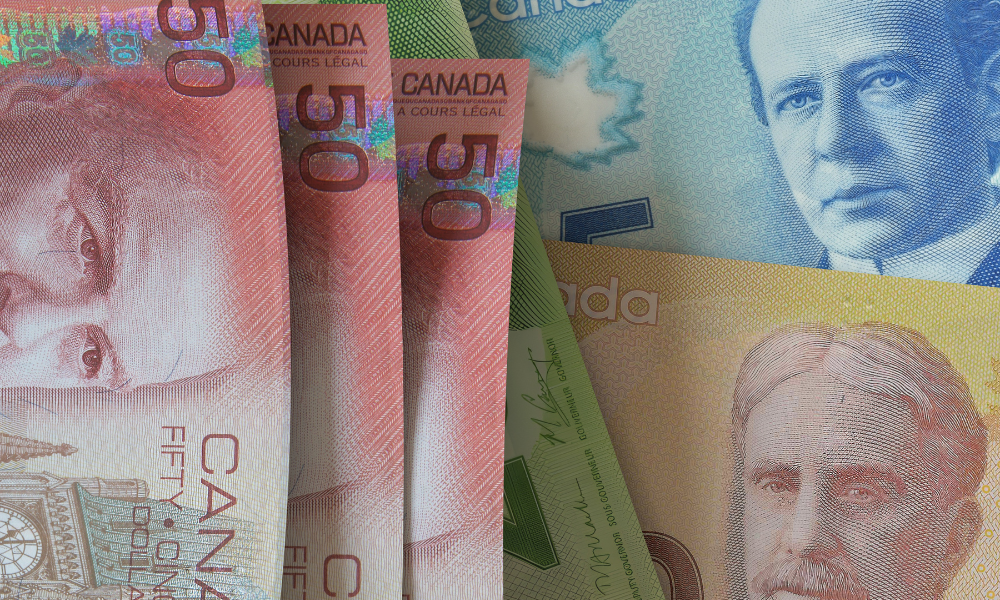You may have heard the term “writing off taxes” - this process of reducing taxes is greatly beneficial for you, not just as an individual taxpayer, but also as a business owner.
Below is the list of the eligible expenses used in tax write-offs for business owners in Canada. However, the actual deduction and tax filing must still be consulted with your corporate tax lawyer for more guidance.
What are tax write-offs?
Technically called tax deductions, tax write-offs for business owners are eligible business expenses that are deducted to the taxpayer’s gross income.
Tax write-offs will reduce the amount of the net payable tax of a business owner at the end of the taxable year by putting the business owner in a lower tax bracket.
Tax deductions, in general, are governed by the federal Income Tax Act (ITA), in addition to the applicable provincial and territorial tax laws providing for other tax deductions.
What business expenses are tax deductible in Canada?
The eligible business expenses are neatly defined under Canada’s tax laws – and there are a lot of these expenses which business owners can rely on.
Because tax deductions are a disadvantage on the government’s part, a taxpayer must strictly follow the rules related to tax write-offs for business owners to be eligible for it.
Here’s a list of allowable business expenses that can be used as tax write-offs for business owners:
Advertising Fees
- only applies when advertising with Canadian newspapers, television and radio stations
- not deductible when advertising with a foreign broadcaster
Financial and operating expenses
Bad debts
If the account receivable is determined as a bad debt for the tax year and if the receivable is already included as income for the same tax year
Business start-up costs
If the costs were incurred during the tax year that the business started its operations
Business tax, fees, licenses, and dues
- annual license fees and certain business taxes required to run the business
- annual membership dues or fees in a trade or commercial association or in a publication’s subscription
Business-use-of-home expenses
- deductible if the business owner’s home is used as the principal place of business or a space in the home is used to meet clients
- includes home maintenance costs, home insurance, and part of the taxpayer’s property taxes, mortgage interest, and capital cost allowance
Capital cost allowance
- refers to the deductible cost of a depreciable property over several years when used in the business
- includes building, furniture, equipment, and other personal properties that depreciates over time
Entertainment, meals, and travel
- travel and accommodation for business are tax-deductible. If a trip combines work and R&R, only the business portion qualifies for a write-off
- expenses for entertaining clients and potential clients are deductible up to a limit of 50%
Watch this video that discusses entertainment, meals, and travel expenses as eligible tax write-offs for business owners:
For more on deductible expenses, consult a lawyer in your area. If you’re in Montreal, for example, reach out to the best corporate tax lawyers in Québec as ranked by Lexpert.
Insurance and professional services
Insurance premiums
- for the business-use-of-home or for the business use of workspace in the business owner’s home
- for the motor vehicle used in the business under motor vehicle expenses
- does not include life insurance premiums, except when used as collateral for a business loan
Interest and bank charges
- deductible if the loan or if the properties acquired are for business-related purposes
- limits apply on loans to acquire motor vehicles, vacant land, and real estate mortgage for fishing income
Legal, accounting, and other professional fees
- external professional advice or services, consulting fees, expenses for preparing and filing income taxes
- professional expenses when appealing assessments for income tax, CPP/QPP contributions, and insurance premiums
- not deductible when professional fees are incurred to buy capital properties, which can be included in the properties’ costs
Maintenance, repairs, and administration
Maintenance and repairs
- cost of labour and materials used for the maintenance of the property used for the business
- not deductible when repairs are considered as capital expenses and those which are reimbursed by an insurance company
Management and administration fees
- bank charges incurred when processing payments
- does not include salaries, property taxes, and rents, which are reported separately
Vehicle and office expenses
- motor vehicles that are used only for business purposes
- if partly used for the business and partly for personal use, the deduction is only applicable to the expenses of the business portion
- small office needs (e.g., pens, paper clips), and does not include capital items (e.g., furniture)
Other deductible expenses
Prepaid expenses
Future expenses paid ahead of time, which can be computed using the cash method or accrual method of accounting
Property taxes
Taxes incurred by the property primarily used for the business
Rent
Rent of either the building or the land used for business purposes
Salaries, wages, and benefits
Employer's contributions to CPP/QPP premiums and employment insurance (EI) paid as an employer
Supplies
Business and office supplies, excluding capital goods
Telephone and utilities
Bills on telephone, cellphone, cable, and internet expenses, but only if used for business purposes
Transportation costs
- costs of delivery, freight, and express incurred in the tax year
- fuel costs, motor oil, and lubricants that are used for the business
- fuel costs for motor vehicles are deductible but only as part of the motor vehicle expenses
There are other business expenses that can be used as tax write-offs for business owners, such as computer and other equipment leasing costs, among others.
Common mistakes when doing tax write-offs for business owners
The above items work similarly with the items in the tax return. Knowing these items is helpful when claiming tax write-offs for business owners during tax filing season.
Not considering every small expense – which can become a large amount of deductions when added altogether – is one of the mistakes when doing write-offs. Not properly recording and keeping receipts for these expenses is also a common mistake among small business owners.
It is still important to consult a corporate tax lawyer when doing taxes as a business owner, and not just when something goes wrong along the way.
Key takeaways on tax write-offs
Understanding tax write-offs for business owners is crucial for saving money while following the law. And there are many ways to do that – from office supplies to travel expenses, even entertainment and meals. It's key to keep good records of these expenses to make the most of your tax write-offs.
Consult a tax professional to make sure that you're on the right track. Remember, every deduction counts when it comes to reducing your tax bill and keeping more money in your business.
Learn more about tax write-offs for business owners and other related tax matters by consulting with the Lexpert-ranked best corporate tax lawyers in Canada





